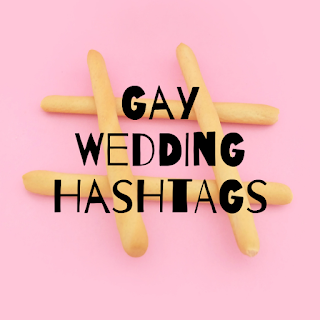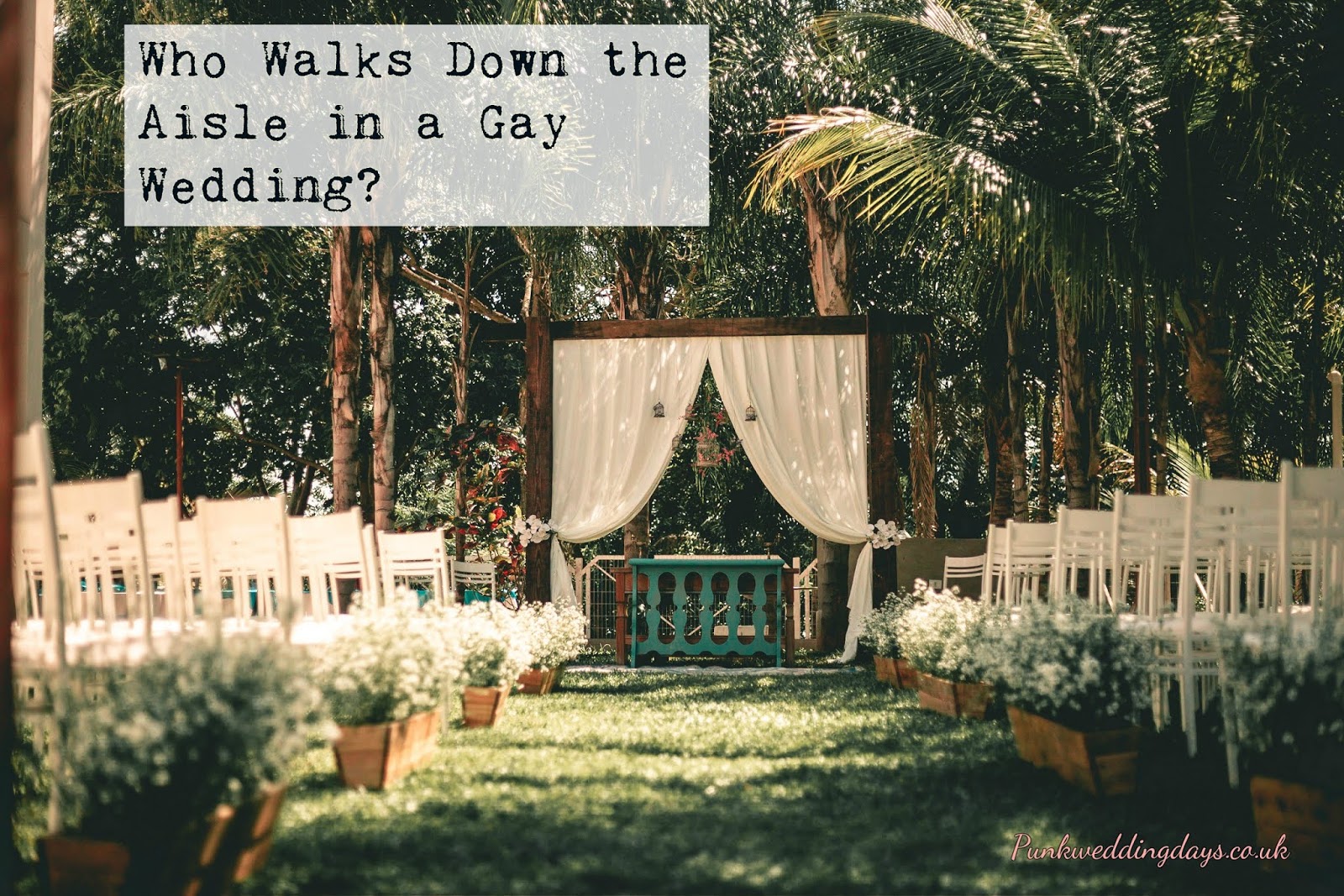Book Review: I Left My Husband for The Au Pair
 I Left My Husband for The Au Pair by Michele Macfarlane is the author's own candid account of leaving a safe, loving relationship with a man to be with the woman she'd employed to care for the children.
I Left My Husband for The Au Pair by Michele Macfarlane is the author's own candid account of leaving a safe, loving relationship with a man to be with the woman she'd employed to care for the children.It's the story of a woman discovering her own sexuality at the cost of a secure and stable family life.
It's hard not to like Michele both as an author and as a central character. Her friendly, conversational tone treats the reader as a confident rather than an observer and, despite the difficult choices she makes to secure her own happiness, it's a story that's easy to invest in.
It's a very personal account (and it comes with an explicit content warning on the jacket) but the sex scenes, whilst intimate, are written with a natural honesty rather than titillation. They reflect, too, the rather tender issue of body image and self-confidence and I imagine that many women, lesbian or not, will relate to Michele's reluctance to appear totally unclothed before her new, female lover.
In fact, that's one of the strongest elements to this book. It isn't just a book about a woman coming out, it's about the breakdown of a relationship; it's about the break-ups and make-ups in marriage and divorce; and it's about having to take those first tentative steps in a new world when your sexual identity (or sexual partner) has changed. The book may be about a lesbian, but the story will be familiar to anyone - gay or not - who has had to leave a marriage or relationship.
Certainly, the one thing that I took away from the book was the power of the the family unit: its power to protect and also to punish. Families can be the port in the storm or they can be the battering tide, and Michele writes their struggle to understand her new life without condemning them. Of course, some readers may not find Michele to be a sympathetic character. After all, she does break up the family home to pursue her own agenda, but I'd like to think we've moved beyond a time when women need to needlessly martyr themselves for the good of their families.
There's nothing earth-shattering to Michele's story (although, it was to her at the time). This book isn't a discourse on later-life lesbianism; it isn't a thesis on the break-up of marriages - it's a memoir. And, as such, the wider issues are brushed aside to focus on the central theme.There were times however, when I wanted to know more: I wanted to understand why Afrikaans are so conservative; I wanted more of a build-up in those early moments when she realised that she might be gay; I wanted to understand the legacy of the abuse in her childhood, but these were somewhat hurried over. I understand why, and I understand they were all peripheral issues to the family drama, but still, here were other stories that I'd have liked to learn more about.
Overall, Michele McFarlane's book is eminently readable. It provides an interesting window into a modern family facing a (somewhat) modern dilemma. Whilst the book may be about a woman's awakening into lesbianism, it should be considered as a story with a far wider reach: it's about the choices we make, the loyalties we break, the power of the family, and the power of love. Whether you're a woman struggling to come out, a man worried about his marriage or a reader looking for a interesting memoir, then this could very well be one to add to the summer reading list.
You can buy the book here








